We usually reserve these “Wastebaskets” for a discussion of the budgetary issue or outrage of the week. Our first column, way back in February of 1996, asked, Will the House Repeal the Tea Act of 1897? And we’ve been churning out the Weekly Wastebasket ever since.
This week we decided to look back and celebrate the 20th anniversary of Taxpayers for Common Sense. The etiquette books say the traditional gift for a twenty year anniversary is china. So we’re celebrating 20 years of doing what we do best – breaking china! Because at TCS, we’re bulls in a wasteful china shop.
We started this tradition exactly 20 years ago with the release, in October of 1995, of our now-classic “Budget of the Living Dead.” As we said at the time,
“The zombie programs in this report might be laughable—except that the joke is on taxpayers who are footing the bill. If the 13 ‘killed’ programs and tax breaks described in this report had never been revived, Taxpayers for Common $ense estimates that taxpayers could have saved over $46 billion since 1980. If the 13 programs and tax breaks in this report were ended today, we estimate that taxpayers could save over $58 billion more in the next five years…..”
Imagine the Walking Dead themes we could have worked into that report today!
From that start, we continue to spend our days finding wasteful uses of taxpayer dollars, making them public, and suggesting common sense budgetary solutions and smarter priorities for limited government funds.
Monkeys in Space (1996): We sent a letter to NASA demanding an end to a $33.2 million program to launch Russian-owned monkeys into space to gather data on the effects of space on the body. And we won.
Golden Fleece Award (2000): former Senator William Proxmire (pictured below, at right, with Rep. Ron Kind) asked TCS to revive his “Golden Fleece Award” presented to public officials responsible for wasting public funds. And we did.
Auburn Dam (2000): Four times and counting (1998, 2000, 2001 and 2006) TCS has helped kill this wasteful project that has cost taxpayers almost a billion dollars. It’s still dead in 2015, but we keep a watchful eye on it.
Bridge to Nowhere (2003): It was TCS who dubbed the Gravina Island Bridge in Alaska “The Bridge to Nowhere” and that has now entered into the lexicon as shorthand for wasteful federal spending, especially when it is directed by Congress. That cash was stripped from the bridge project at the end of 2005.
Hooters and Polluters (2003): TCS worked around the clock with reporters and Congressional staff to defeat the pork laden, nearly $100 billion Energy bill in 2003.
Earmark Catalog (2005): TCS released the first ever real-time cataloging of earmarks in major legislation back in 2005. We continued to database thousands of earmarks throughout the whole wasteful era.
Army Corps of Engineers project reform (2007): Independent peer reviews of costly, controversial, or critical projects, as proposed by TCS, are adopted.
F-22 “Raptor” (2009): TCS led a coalition of like-minded reformers to push for an end to the F-22 production line – a program that was scheduled to cost the taxpayer more than $70 billion.
Nuclear Loan Guarantees (2009): TCS stopped a budget meltdown by ending the spending of $50 billion in taxpayer dollars in this risky program.
Earmark Disclosure and Moratorium (2010): We like to think our many years of work on the negative effects of earmarking helped lead to the requirement in 2007 for public disclosure of Congressional earmarks. This was followed in 2010 by a Congressional moratorium on earmarks.
Farm Funding Follies (2012): TCS documented the shortcomings of CBO’s past cost predictions of farm bills, showing they are off by as much as $14 billion. We predicted as much for the 2014 farm bill, a prediction that is looking true.
Coal to Kaiserslautern (2015): Our Golden Fleece was recently awarded to the House and Senate Appropriations Committees for continuing the shipment of anthracite coal from Pennsylvania to coal-rich Germany. The Golden Fleece directly led to an amendment in the House of Representatives to kill the program that had escaped major scrutiny since the 1960s.
This list just scratches the surface of the issues TCS has discovered, written about, engaged in the public debate on, or helped to change. With your help and support, we’ll still be around in 2035, bringing abuses to the surface and effecting real change in Washington.
Just watch out for the flying china.

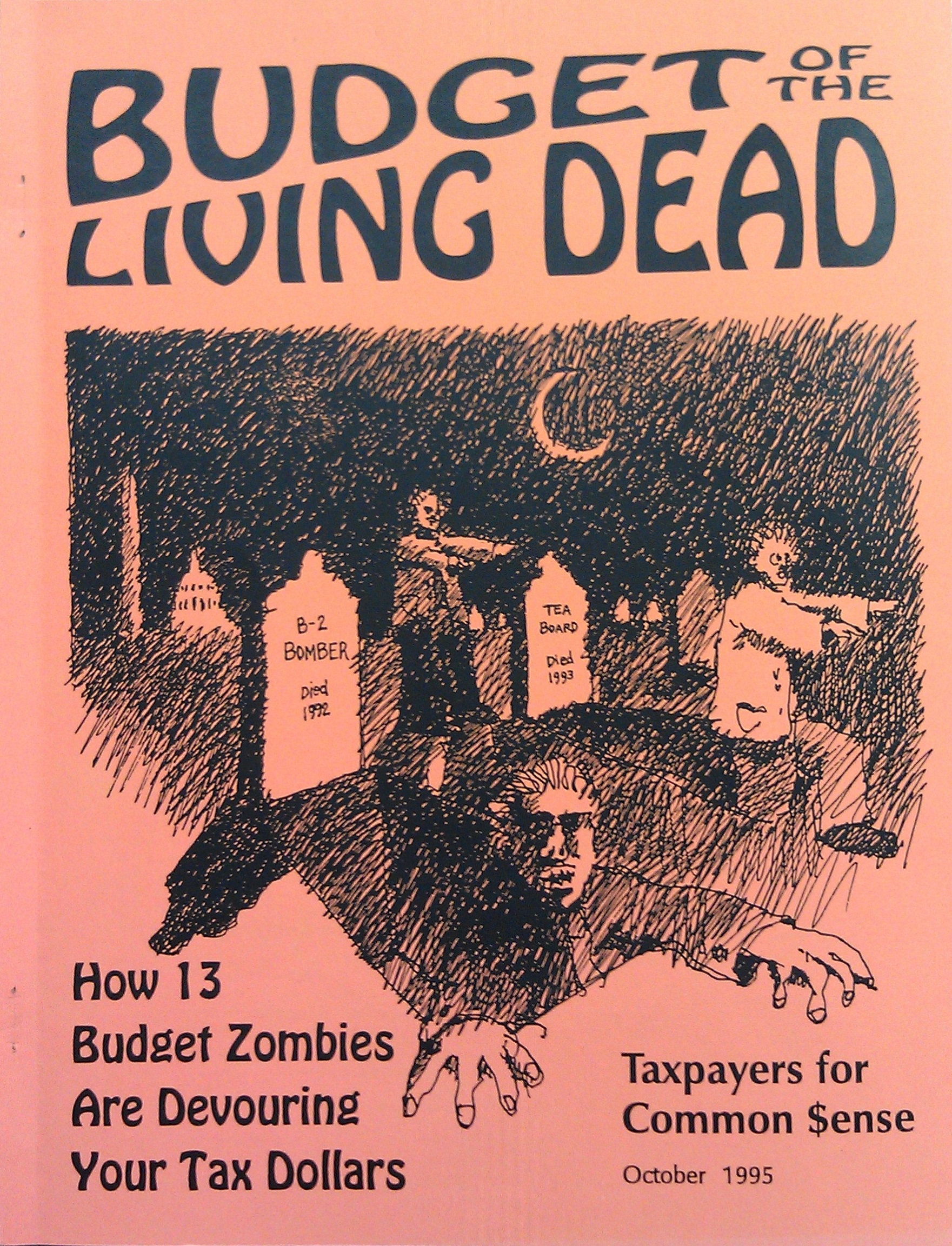

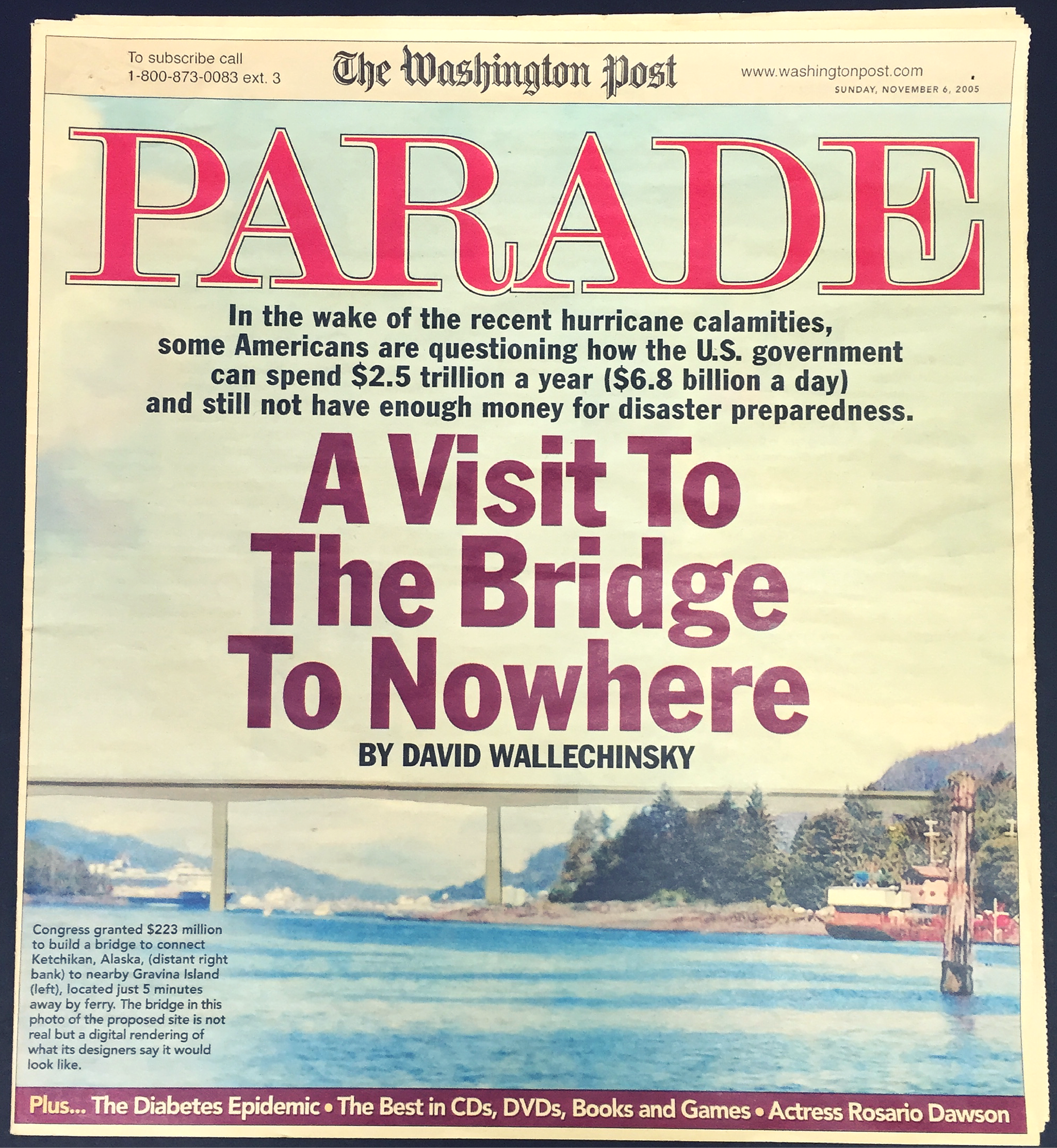







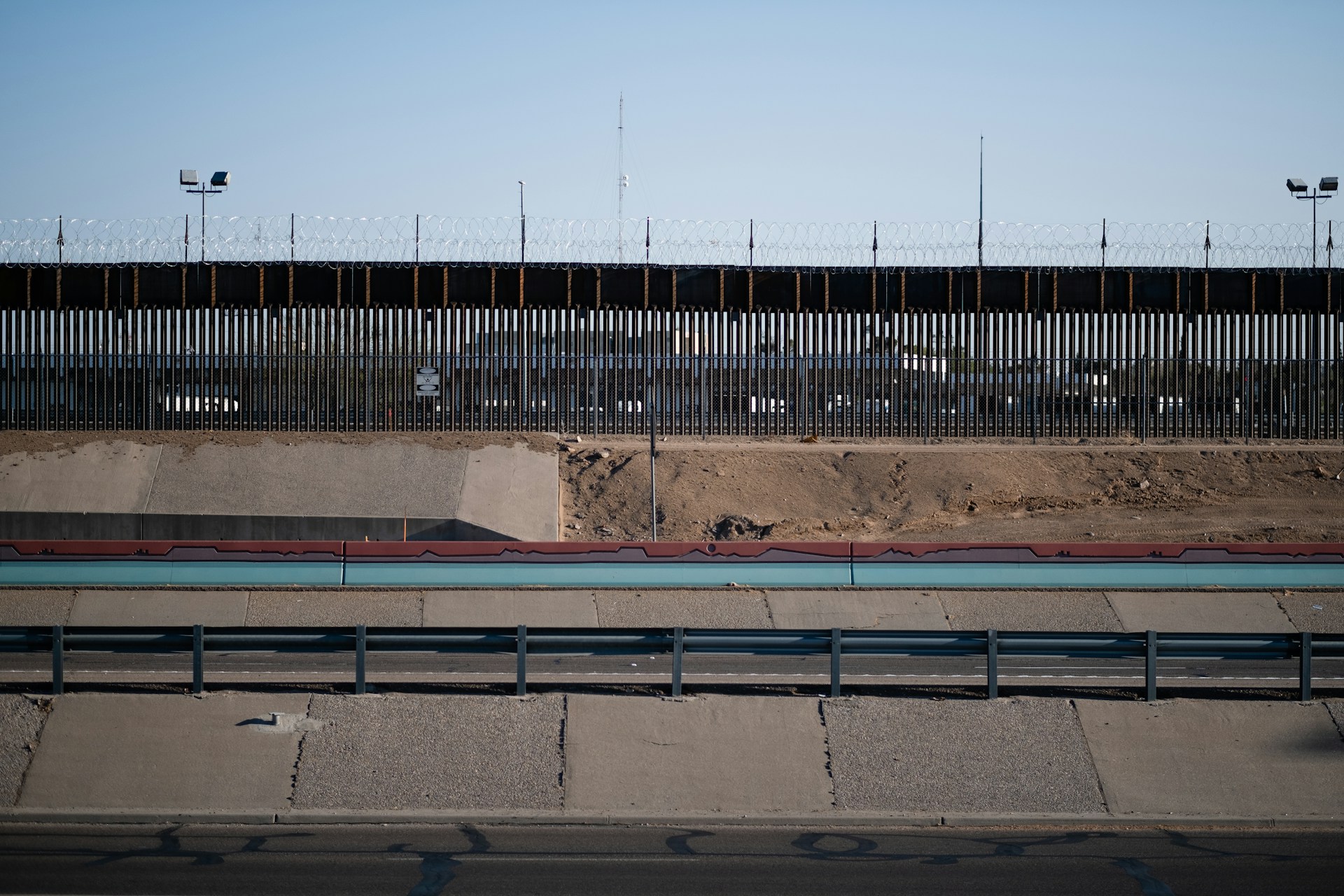


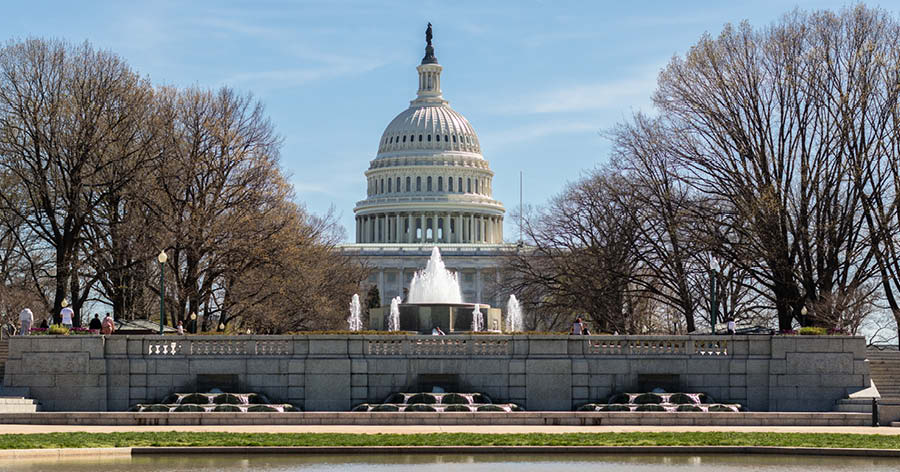

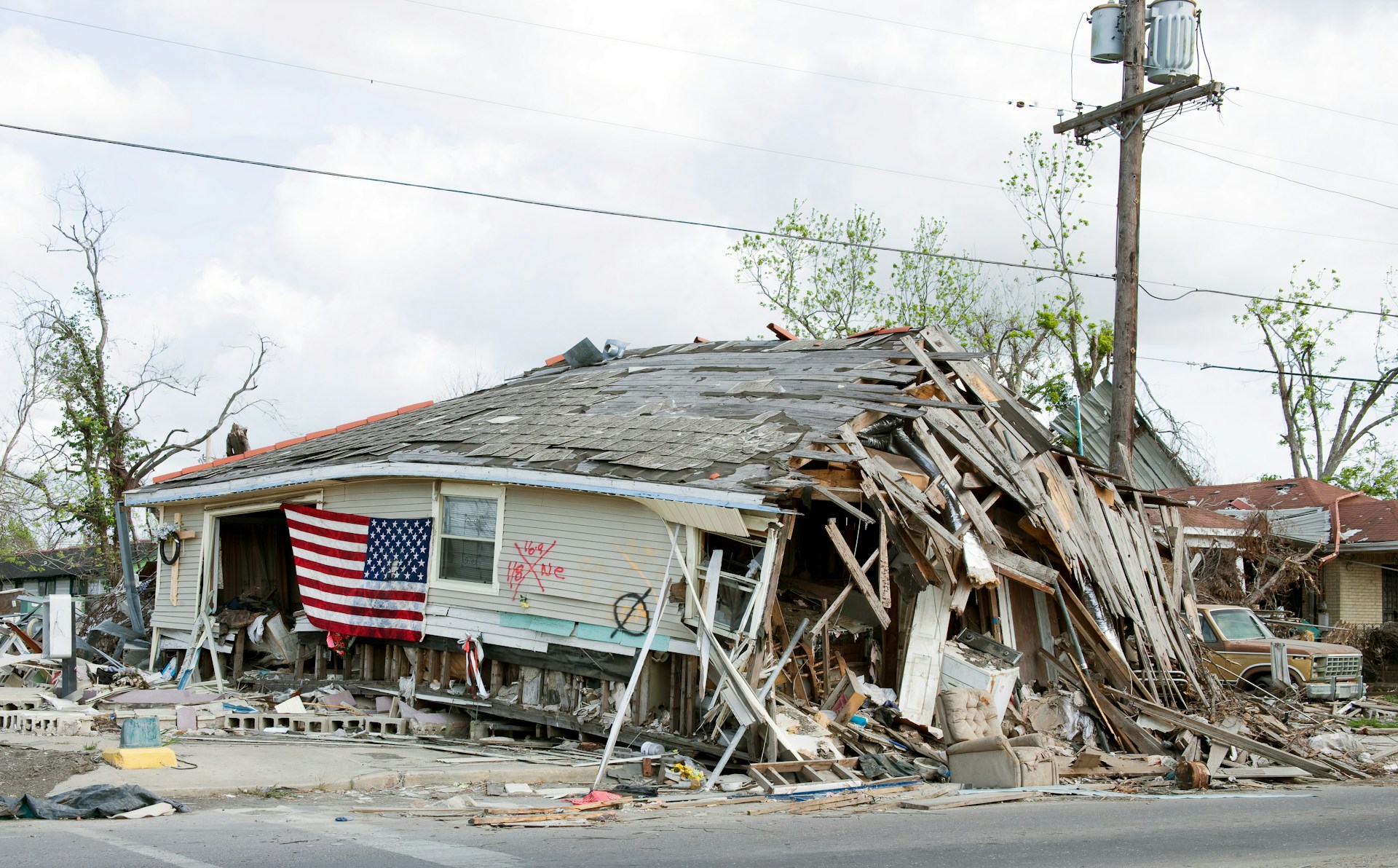
Get Social